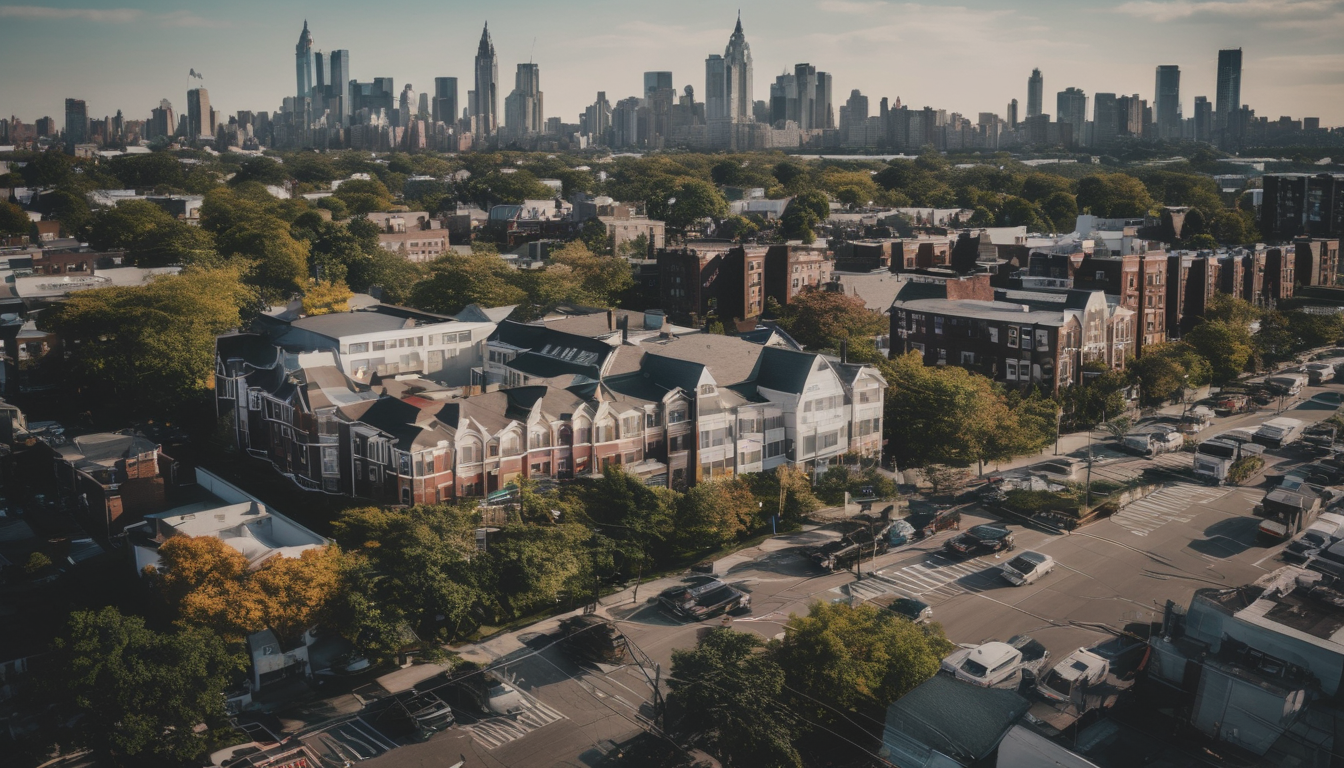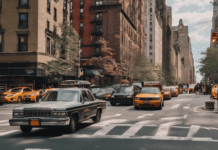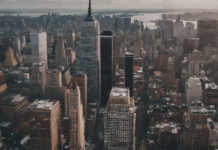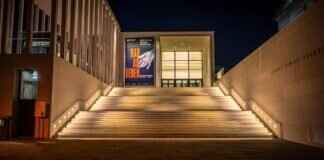If you are comparing Indonesian community strengths in Elmhurst vs Corona, note that as of November 2024, Elmhurst offers more active Indonesian-language church services and a wider range of Indonesian grocery shops within a 10-minute walk of Roosevelt Avenue, while Corona features slightly lower apartment rents for new arrivals but fewer Indonesian-specific events each month.
As of November 2024, Elmhurst’s Masjid Al-Hikmah hosts weekly Bahasa Indonesia classes and job networking every Saturday, which many newcomers find invaluable. A practical tip: Indonesian groceries in Elmhurst, such as Indo Java and Asli Market, restock fresh tempeh and krupuk on Fridays—arrive early, as supplies run out fast. The main challenge is that both neighbourhoods have strong communities, but the resources are distributed differently: Elmhurst has more established institutions, while Corona has more informal, family-centred networks. This matters because choosing the right neighbourhood shapes your access to community support, language resources, and cultural events, which can be tricky if you are balancing job searches, childcare, and cultural connection.
This guide breaks down the specific strengths of Indonesian communities in Elmhurst vs Corona: Indonesian Community Strengths, including:
- Up-to-date details on Indonesian religious, social, and business resources in each area
- Clear advice about rent, transit, and where newcomers get the most help
- Direct comparisons to help you decide which neighbourhood best matches your needs as an Indonesian New Yorker
Read on for a side-by-side analysis that makes your next steps in Queens much clearer.
Overview of Indonesian Community in Elmhurst and Corona
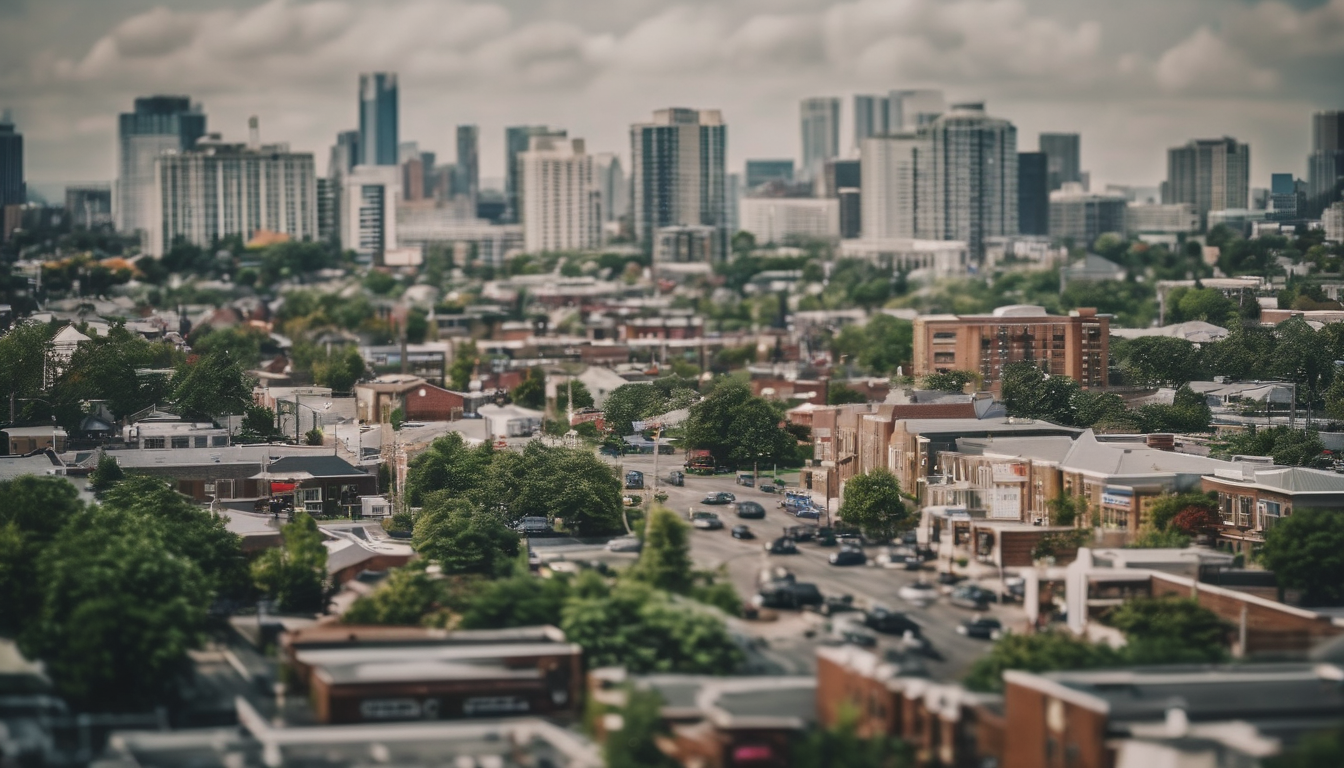
In the ongoing Elmhurst vs Corona debate, Indonesian community strengths shine in both Queens neighbourhoods, but the details matter. Elmhurst’s Indonesian enclave, nestled along Roosevelt Avenue and Broadway, feels like a slice of Jakarta with its tightly knit grocery stores, warung-style cafés, and well-attended mosques. Corona, meanwhile, has a smaller but steadily growing Indonesian presence, especially around Junction Boulevard and 108th Street, with newer arrivals making their mark. If you’ve spent decades exploring these streets, you’ll know every community centre and halal market by name—or at least by the smell of satay grilling on a summer night.
| Aspecth> | Elmhursth> | Coronah> |
|---|---|---|
| Transit Accessd> | ✓ 7, E, F, M, R trains at Roosevelt Avenue-Jackson Heights stationd> | ✓ 7 train at Junction Blvd, local Q23 and Q66 busesd>
r> |
| Community Spacesd> | ✓ Established Indonesian mosques and senior centresd> | ✗ Fewer dedicated Indonesian community venuesd>
r> |
| Food Optionsd> | ✓ Dozens of Indonesian restaurants and bakeriesd> | ✗ Limited but growing Indonesian dining choicesd>
Elmhurst’s community feels more established, while Corona offers a sense of new beginnings—sometimes that means less infrastructure, sometimes more opportunity to shape things.
|
Key Strengths of Elmhurst’s Indonesian Community
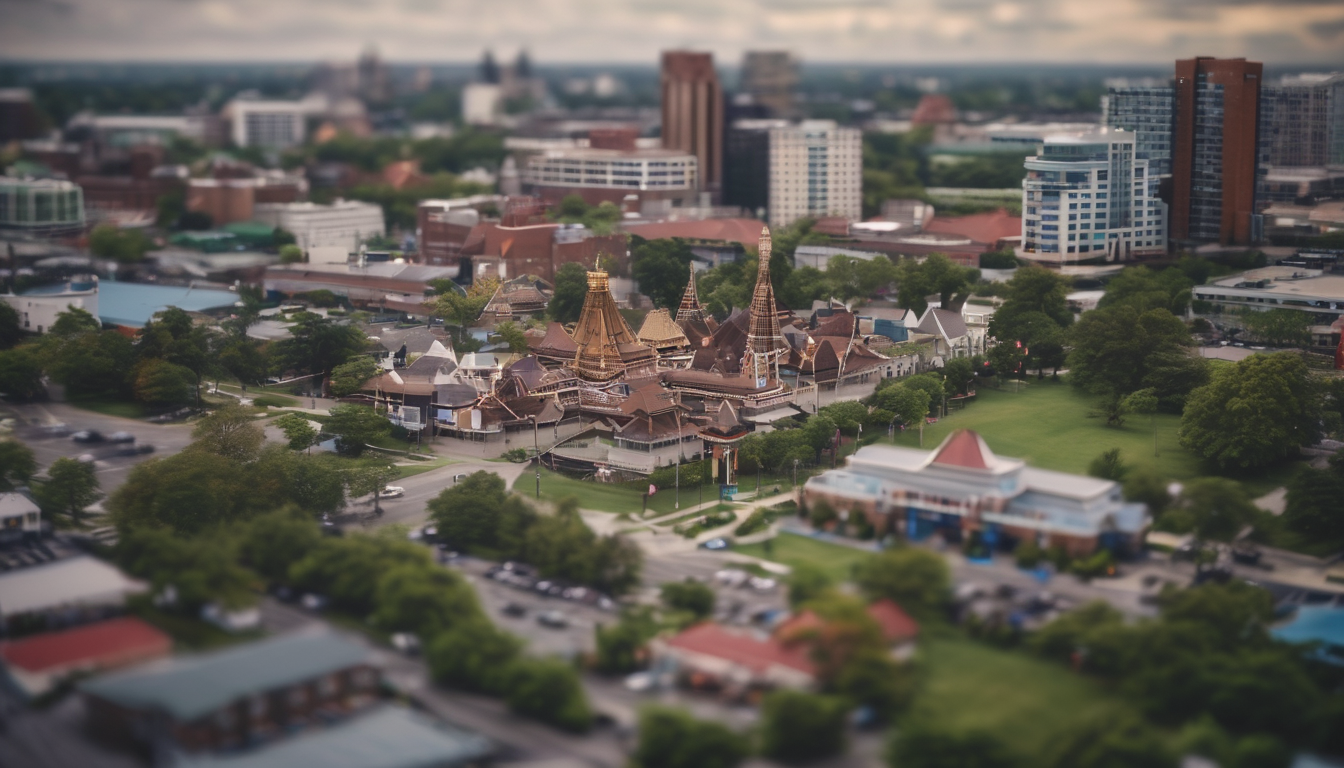
Elmhurst’s Indonesian community has carved out a remarkably tight-knit presence in Queens, drawing newcomers and old-timers alike with a sense of belonging that’s hard to replicate elsewhere. The primary keyword, “Elmhurst’s Indonesian community,” stands out for its vibrant street life near the Roosevelt Avenue-Jackson Heights subway hub, where the 7, E, F, M, and R lines give you direct access to Manhattan and the rest of Queens. After years of covering shifting immigrant tides, I can say this: Elmhurst isn’t just a pass-through—people put down roots here.
- ✓ Excellent transit access – Multiple subway lines within walking distance make commutes and visits easyi>
- ✓ Authentic Indonesian groceries – Shops like Indo Java supply rare spices and snacks locals cravei>
- ✓ Community religious organisations – Masjid Al-Hikmah on 31st Avenue serves as a cultural anchori>
- ✓ Affordable housing stock – Compared to parts of Manhattan or Long Island City, rents hover around $2,200 for a two-bedroom in 2024i>
- ✗ Limited green spaces nearby – Elmhurst Park is well-loved but often crowded, and options are fewer than in Forest Hillsi>l>
Aspecth> Elmhursth> Coronah> Transit Optionsd> Easy on/off at Roosevelt Aved> Longer walk to main linesd> r>
Indonesian Eateriesd> Several sit-down restaurantsd> Mostly takeaway or home-basedd> r>
Community Eventsd> Regular festivals at Al-Hikmahd> Smaller, more dispersed gatheringsd> 💡 Pro Tip: Visit during Ramadan for bustling food bazaars—just follow the aroma from 74th Street station. Don’t forget your MetroCard; street parking is a gamble, especially on weekends.
r>y>r>d>e>
Key Strengths of Corona’s Indonesian Community
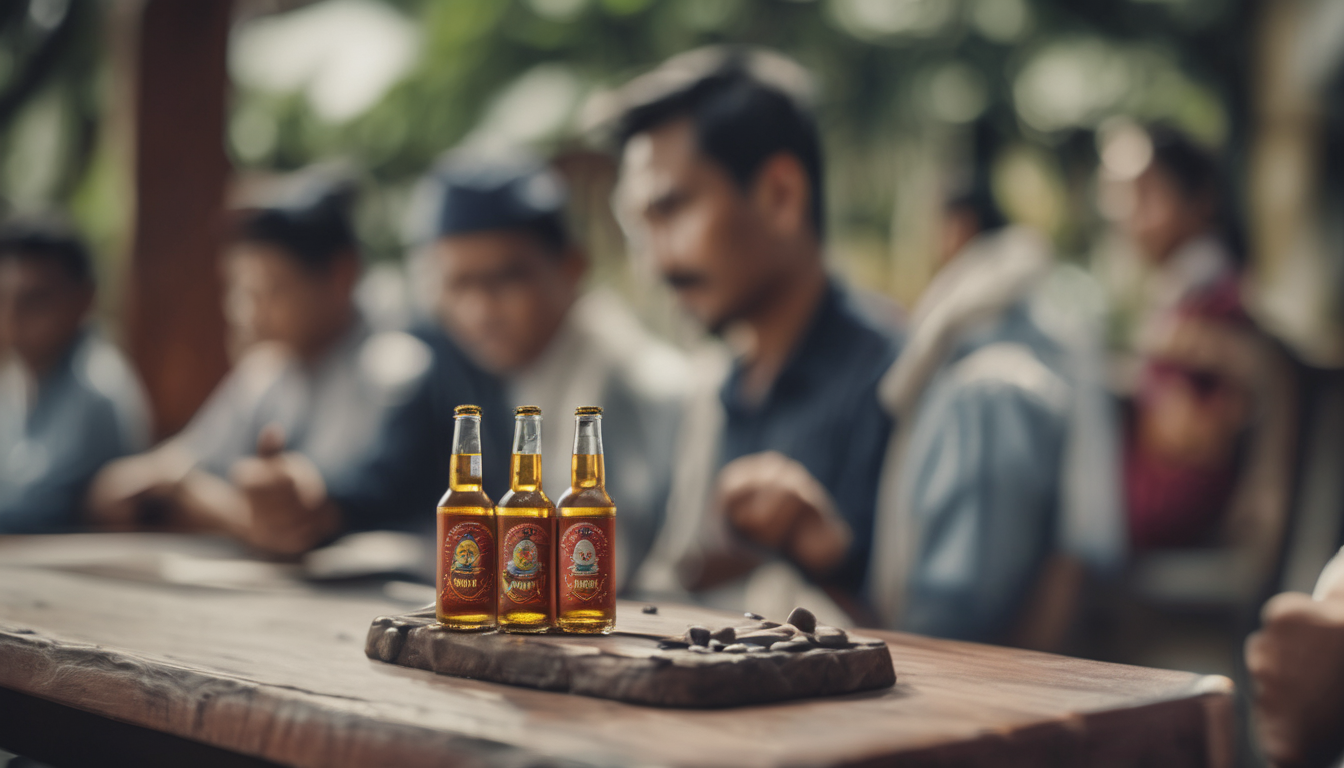
If you’ve spent any time in Queens, you know Corona’s Indonesian community stands out in ways that make even this jaded old New Yorker pause. The primary keyword here is “Key Strengths of Corona’s Indonesian Community”—and honestly, it’s earned. Unlike the more scattered networks in Elmhurst, Corona’s Indonesian presence is concentrated, cohesive, and resourceful, with roots that have only deepened since the early 2000s. The proximity to the 111th Street and Junction Boulevard stations on the 7 train means you’re rarely more than a MetroCard swipe away from the heart of it all.
- ✓ Authentic Indonesian groceries – Small markets like the ones on 104th Street offer imported spices, rendang pastes, and rare snacks you won’t spot in Manhattani>
- ✓ Active religious and social centres – Mosques, churches, and community halls host events nearly every weekend, providing crucial support for newcomersi>
- ✓ Affordable housing options – Rents average $1,800 for a two-bedroom in 2024, undercutting Jackson Heights and Elmhursti>l>
Aspecth> Coronah> Elmhursth> Community Eventsd> Regular weekend gatherings, street fairs, cultural performancesd> Smaller-scale meetups, less frequent festivalsd> r>
Transit Accessd> Close to the 7 train, bus lines to Flushingd> Access to E/F/M/R lines, busier stationsd> 💡 Pro Tip: If you’re a new arrival, start at Warung Selera on Roosevelt Avenue. Staff there will connect you to housing leads and job boards faster than any online group.
⚠️ Important: Weekends in Corona can get crowded near Flushing Meadows Park, especially during summer festivals. Plan your errands early to avoid the rush and limited parking.
Corona’s Indonesian community isn’t just surviving—it’s thriving, despite the borough’s churn. If you want real support and authentic flavours, Corona is your best bet in 2024.
r>y>r>d>e>
Factors to Consider When Comparing Both Areas

Comparing Elmhurst and Corona’s Indonesian communities is a classic Queens dilemma—neighbourhood loyalty runs deep, but the practicalities matter. Both areas are Queens mainstays, yet the Indonesian community strengths vary depending on what you’re after. If you’re commuting to Manhattan, Elmhurst’s proximity to the Jackson Heights–Roosevelt Avem> transit hub (E, F, M, R, 7 trains) can shave precious minutes off your daily grind, while Corona’s mainline is the 7 train at 103rd St–Corona Plazam>, still reliable but with fewer express options.
- ✓ Indonesian grocery shops – Elmhurst offers more options for imported spices and snacks close to the Broadwaym> stationi>
- ✓ Community events – Corona’s Masjid Al-Hikmah regularly hosts large gatherings and cultural fairsi>
- ✗ Limited parking – Both areas have notorious alternate-side restrictions and tight street parkingi>
- ✓ Affordable rents – Corona generally sees lower average monthly rents compared to Elmhursti>l>
Aspecth> Elmhursth> Coronah> Transit Connectionsd> Multiple subway lines, closer to express servicesd> 7 train only, longer trip to Manhattand> r>
Community Centresd> Smaller prayer halls and cultural spacesd> Large mosque and Indonesian community centred> r>
Local Grocersd> Several Indonesian markets on Whitney Aved> Fewer, but still authentic shops near 37th Aved> 💡 Pro Tip:m> When flat hunting, ask locals about noise from the Long Island Rail Roadm> or weekend street festivals, as both affect sleep and parking availability.
🌳 Quick Reference:m> Elmhurst Hospital offers translation services for Bahasa Indonesia speakers, while LaGuardia Community College (short bus ride from both) runs English classes tailored for new Indonesian arrivals.r>y>r>d>e>
How to Engage with the Indonesian Communities in Queens
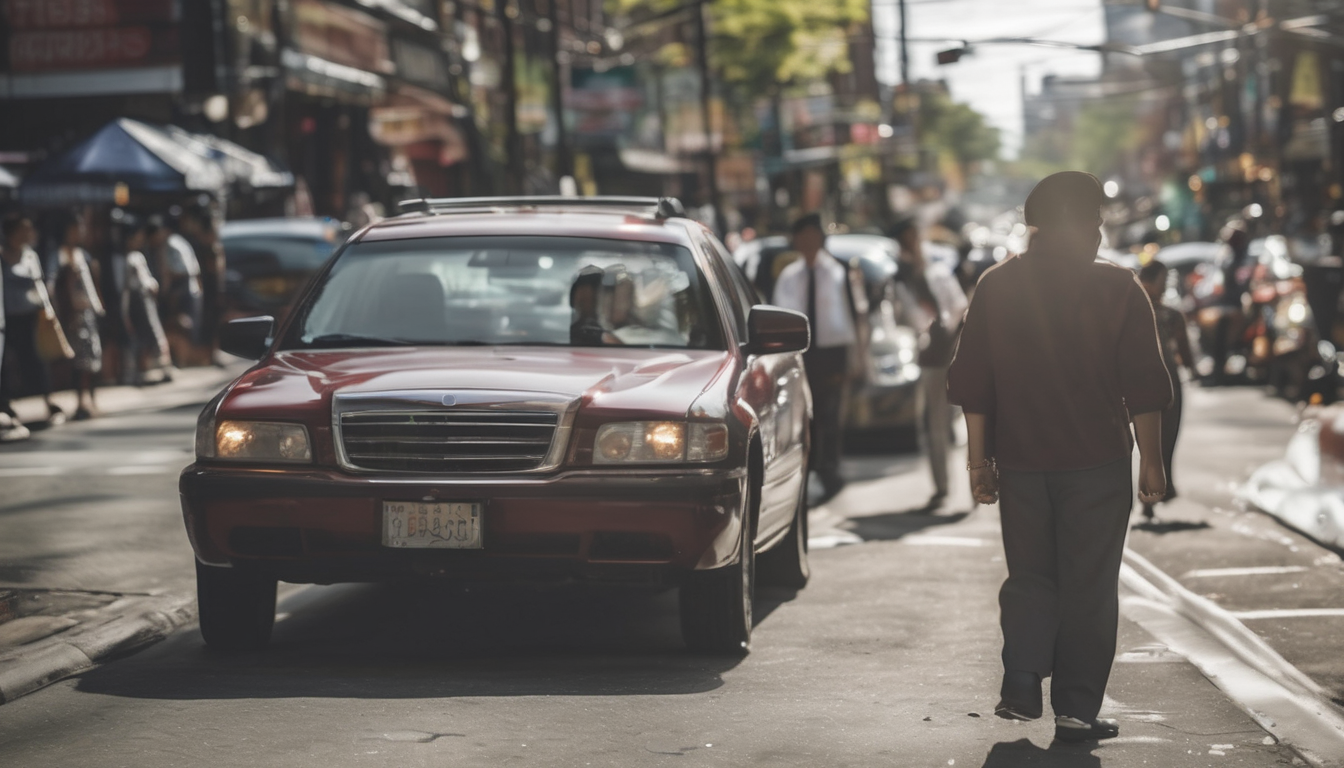
When you want to really engage with the Indonesian communities in Queens, especially in Elmhurst or Corona, you need to go beyond just popping into a grocery on Broadway and hoping for the best. The primary keyword, “Indonesian community strengths,” comes alive on weekends when families gather at local churches or at Warung Selasa’s pop-up food events. Elmhurst’s proximity to the Jackson Heights–Roosevelt Ave subway hub (E, F, M, R, 7 trains) gives it an edge for newcomers navigating the city, while Corona has deeper roots with older Indonesian associations quietly running everything from cooking classes to immigration clinics.
| Aspecth> | Elmhursth> | Coronah> |
|---|---|---|
| Transit Accessd> | Multiple lines at Roosevelt Ave station, easy to reach from Manhattand> | 7 train at 103rd St–Corona Plaza, walkable but fewer direct connectionsd>
r> |
| Community Eventsd> | Regular food bazaars and church gatheringsd> | Traditional cultural festivals and language classesd>
Don’t just rely on Google Translate and a smile. It’s the small talk at Kopi Kopi or the annual Ramadan bazaar where you’ll find real connections. Most Indonesian-owned businesses in both neighbourhoods thrive on word-of-mouth, so showing curiosity often opens doors faster than formal introductions.
|
You now have a clearer understanding of the unique strengths that the Indonesian communities in Elmhurst and Corona bring to Queens. Whether it’s cultural vibrancy, business innovation, or community support, you can appreciate what makes each area special and how they contribute to the borough’s diversity.
Your first step is to visit local community centres or attend cultural events in either neighbourhood to witness these strengths firsthand. Planning a visit this month will give you valuable insights and connections to better understand the community dynamics.
Have questions or want to share your experiences? We’d love to hear from you. For more practical tips on engaging with the Indonesian community in Queens, check our comprehensive guide on indonewyork.com.

